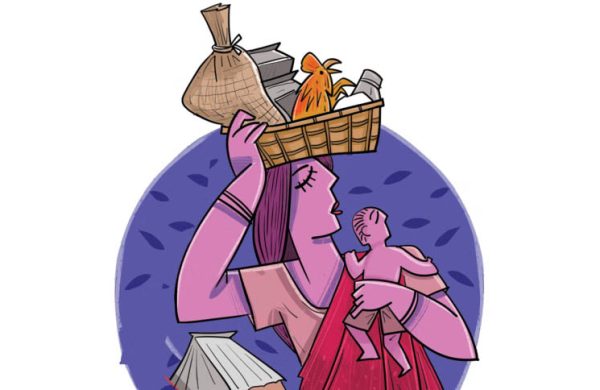Govt restricts raw jute export, sparking debate
- Update Time : Wednesday, September 10, 2025

TDS Desk:
The government has restricted the export of raw jute, making shipments conditional, in a bid to increase the supply of the natural fibre in the domestic market and curb rising prices.
The move has drawn mixed reactions from traders with some saying it will hurt farmers and is unlikely to achieve its intended results, while others argue that it is the right decision to safeguard national interest.
In a circular issued on 8 September, the commerce ministry stated that exports of jute, a cash crop cultivated by tens of thousands of farmers, particularly in the central districts, would require prior approval.
“Exporters will have to apply to us, and they will be allowed to ship only the approved quantity of jute,” said a senior commerce ministry official.
The move comes amid a 6.5 per cent year-on-year decline in production to 89.5 lakh bales, which has driven up prices of raw jute and raised concerns among millers, even as exports have been recovering in recent months.
Currently, medium quality jute is traded at Tk 3,600-3,700 per maund, up from Tk 2,800-3,200 a year ago, according to Arzu Rahman Bhuiyan, a raw jute exporter.
The commerce ministry official said the restriction of shipments has been slapped based on recommendations from the textiles and jute ministry.
Contacted, Textiles and Jute Secretary Md Abdur Rauf said the government aims to increase the domestic supply of raw jute and boost production of jute bags.
“We want to enhance the use of jute bags as part of the implementation of the mandatory packaging law. Rice millers have agreed to use the jute bags for packaging the staple,” he said, adding that rice mills require nearly 80 crore pieces of jute bags for packaging.
Stating that farmers have already harvested 90 percent of their jute crop, the secretary said, “We will revise our decision if prices fall drastically.”
However, Bhuiyan, also a former senior official of the Bangladesh Jute Association (BJA), said, “This is a wrong assumption. Rice millers are unlikely to use jute bags.”
He said the volume of raw jute shipments was insignificant and the measure will only hit farmers and benefit traders and millers.
“It is a suicidal decision. There is still jute in farmers’ fields, and they will be deprived of fair prices amid export restriction,” he said.
Raw jute exports dipped 36 percent year-on-year to 8.62 lakh bales in the fiscal year 2024-25, the lowest in three years, according to data by the Department of Jute.
Bhuiyan said exports were restricted in the past and claimed that the measure did not yield desired results.
“If millers in India can buy raw jute for $800-900 per tonne Free on Board (FOB) from us and take the shipment through sea and sell it in the domestic and international market, why can’t our millers do the same,” he said, adding that the price of raw jute would be over $700 a tonne in the domestic market.
However, Tapas Pramanik, chairman of the Bangladesh Jute Spinners Association, said, “This is the right decision for the national interest.”
“It is a luxury to export when you have a shortage in the domestic market,” he said, adding that the country requires 75 lakh bales, including 55 lakh bales for use in mills and other usage.
The BJSA chairman also said raw jute shipment accounts for below 10 per cent of total production. “So it is not right that jute prices will slump if exports are restricted. Hoarders are taking advantage of the shortage and exports,”
Jute and jute goods exports have been falling after shipments hit $1.16 billion, the highest on record in the fiscal year 2020-21. Exports started falling in the subsequent years and the overall shipment value dropped to $820 million, the lowest in six years, according to data from the Export Promotion Bureau.
However, exports have shown signs of picking up in the current fiscal year 2025-26, marking a 7 percent year-on-year increase to $118 million in July-August. The shipment value of raw jute accounted for 15 percent of the total.

















